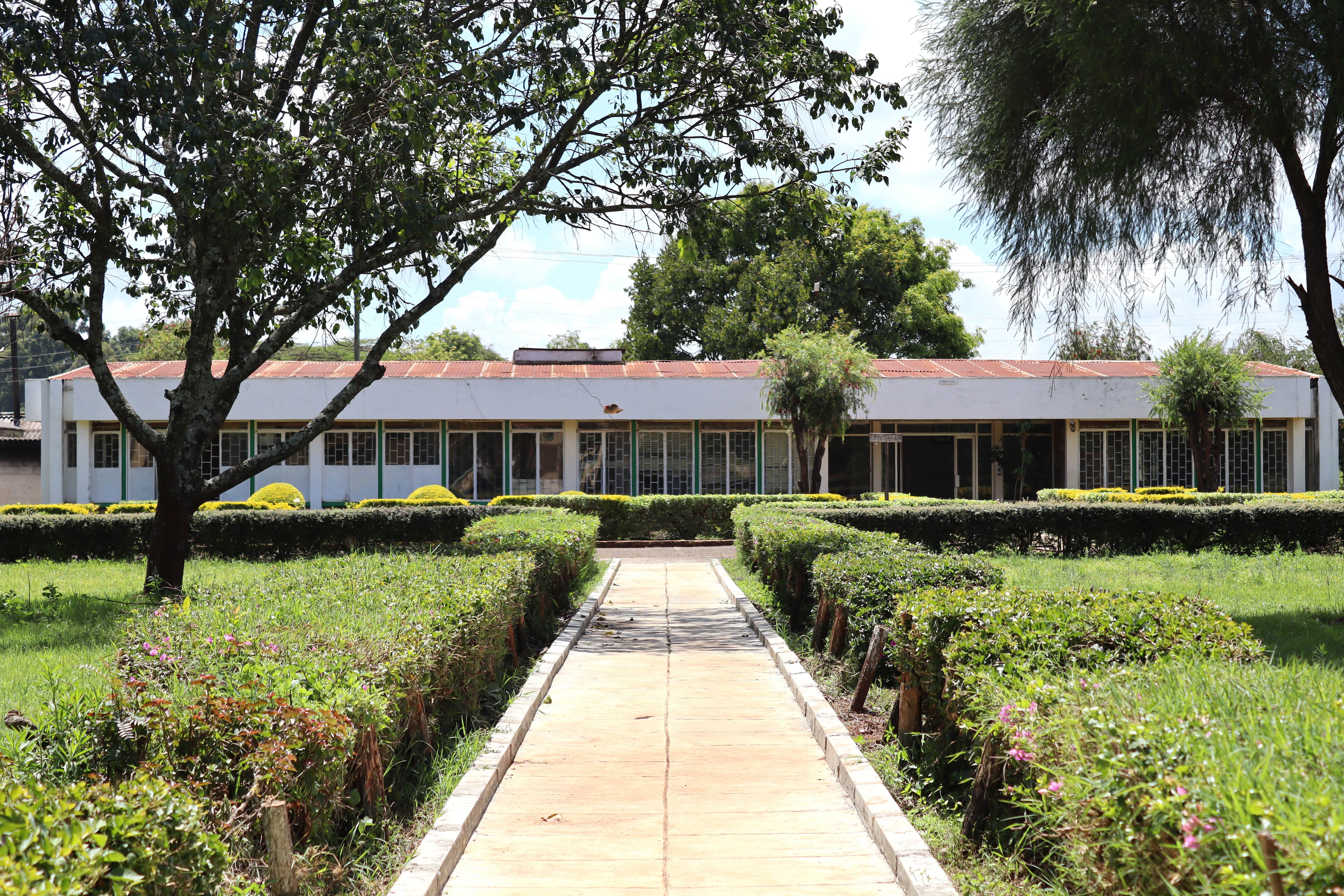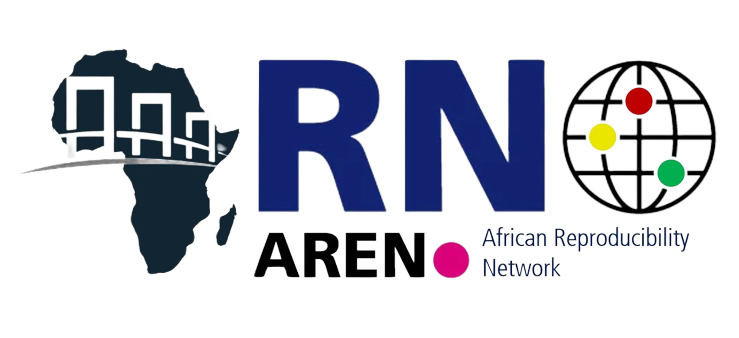Championing Open Science at KALRO-Veterinary Science Research Institute in kenya
I had the privilege of being trained for 6 months in 2024 as a Local Network Lead (LNL) by the African Reproducibility Network (AREN), alongside a diverse group of African participants from 21 countries. This transformative experience made me eager to share my newfound knowledge with my colleagues at the Kenya Agricultural and Livestock Research Organization (KALRO) - Veterinary Science Research Institute.
To begin, I aimed to introduce the broad concept of Open Science (OS) in a way that was simple and engaging. I wanted to ensure that everyone, regardless of their prior knowledge, could grasp its significance and potential impact. This initial session was designed to lay the groundwork for more in-depth future discussions, creating a space where colleagues could openly share their experiences, thoughts and questions.


The session was well-attended, thanks to advance announcements that reached students, interns, and staff members across the institution. There was a strong representation from early-career researchers, who I believe stand to gain the most from adopting OS principles. Students from other higher learning institutions, who frequently undertake attachments at the centre, also joined. I was particularly delighted to see experienced researchers and members of the institute's management team also present – underscoring the growing interest in this transformative research approach.
For many attendees, open science was a new concept. Some admitted to unknowingly practising aspects of it, while a small group possessed a solid understanding of OS principles and practices. The session highlighted several key challenges. Funding for certain open science practices, like open access publishing and its associated article processing charges, was a major concern, especially for early-career researchers. Intellectual property rights also emerged as an important and sensitive topic.

A senior researcher shared a personal experience of intellectual property theft, sparking a lively discussion. Colleagues shared their perspectives, and a member of the management team acknowledged the unfortunate incident while emphasising the importance of integrity in research, a core value of open science. He encouraged us not to be discouraged, reminding everyone that the ultimate goal of research is to improve lives and livelihoods. He also pointed out the increasing prevalence of open science requirements from funding organizations, underscoring the importance of familiarising ourselves with these practices to meet international standards.
Overall, the session had a positive reception although a few senior members were not keen about adopting open research practices and letting go of age-old practices that have worked well for them so far. I was requested to expound more in future sessions about the different aspects of open science to create a better and deeper understanding beyond the introduction - exactly what I hoped for. This positive reception reinforced my belief in the importance of these conversations and the potential for Open Science to transform our research community.
For other LNLs planning their initial community engagement, my advice is: trust in your training and approach your role with confidence. The training provided by AREN equipped us with the knowledge and tools needed to address a wide range of topics and challenges. You possess more than enough knowledge to lead a productive session. As members of the communities we serve, we have the unique advantage of understanding their specific needs and concerns, making it easier to tailor our messaging. Additionally, AREN’s ongoing support ensures that we are never alone in this journey.
Finally, I want to express my heartfelt gratitude to AREN for empowering me with the knowledge and skills to advocate for Open Science. This training has not only enriched my professional life but also enabled me to contribute to the advancement of research in my community. By embracing Open Science, we can collectively elevate the quality and impact of our work, ultimately improving lives and livelihoods.
I am excited about my role as a Local Network Lead (LNL) here.

